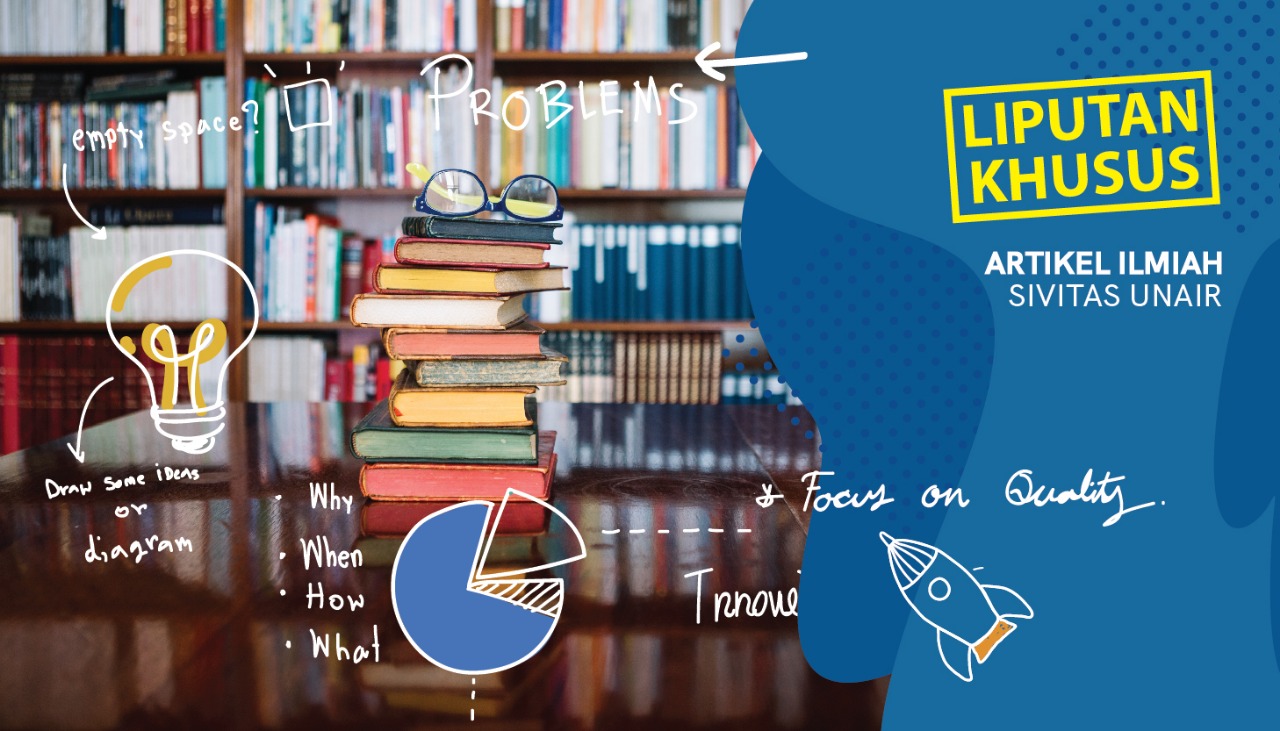UNAIR NEWS – The number of human trafficking cases in Indonesia continues to rise from year to year. East Java itself is one of the big pockets of human trafficking cases, where sending, receiving and transit happen there.
As one of the largest areas in Indonesia which send migrant workers, especially female migrant workers, many forms of trafficking have been found. Community groups that are vulnerable to this case are poor people who experience family disintegration, poor relations within the family, and families that are full of violence.
Human trafficking is a social problem with negative consequences, not only for victims or survivors of trafficking, but also for their immediate family and environment and for the surrounding community.
“The impact can be very powerful, because the perpetrators use physical violence to dominate and control their victims,” said Ike Herdiana, a lecturer of Faculty of Psychology (FPsi) Universitas Airlangga.
“In fact, they (perpetrators) usually do not hesitate to use several methods to control their victims, such as confinement, harassment, rape, and various threats,” she added.
To study this issue, Ike Herdiana with Sukma Rahastri Kanthi and Suryanto, worked on a research journal titled Girl Trade: Portrayal of the Psychosocial Problems of Human Trafficking Survivor, published in the North American Journal of Psychology.
The research aims to describe the portrait of cases and psychological conditions of human trafficking survivors. With the team, Ike focused on the psychosocial impact on survivors.
The result showed that survivors receive physical, psychological and social impacts. They experienced abuse that causes physical injury, negative feelings, and uncontrolled social actions such as withdrawing from others.
“The results were from the second participant who had something in common, having been abducted, followed by the transfer from Indonesia to Malaysia to be forced to become sex workers, which also involved neighbors,” she said.
To deal with such difficult conditions, Ike said, usually the support received by victims came more from foundations which are also safe houses for victims. Victims receive adequate protection, physical and psychological recovery and access to health.
Furthermore, for victims who remained with their families, received more support from extended families and family members not involved in the case. No matter how small the assistance received by the victim, it makes the victim feel protected and secure.
“However, keep in mind that the participants still cannot forget how bad their experience,” stated Ike.
Author: Fariz Ilham Rosyidi
Editor : Khefti Al Mawalia
Ike Herdiana, Sukma Rahastri Kanthi, dan Suryanto, 2019. Girl Trade: Portrayal of the Psychosocial Problems of Human Trafficking Survivor, North American Journal of Psychology Vol.21 No. 1.





